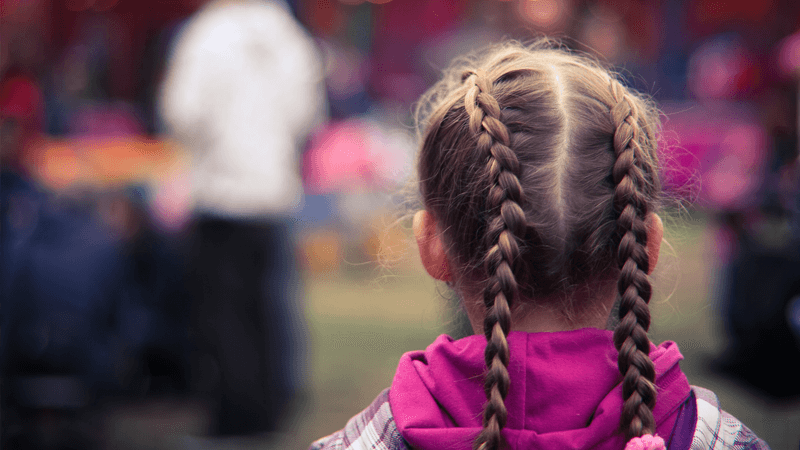More than 500 children under the age of 13 have been investigated by police over sexually explicit images, new figures have revealed.
In response, the children’s charity NSPCC said children are being “harassed” into sending such images.
The newly-released sexting statistics came from 26 police forces which said they had probed 2,287 incidents of possessing, making or distributing indecent images by children between April 2015 and 2016.
Apology
The figures showed that 510 of the children were under 13, while one was six years old.
In 22 per cent of cases, no action was taken because it was deemed not to be in the public interest.
The Sun on Sunday – which carried out the Freedom of Information request behind the figures – said that in ten per cent of cases, the situation was brought to a close with an apology, community resolution, or “understanding between the suspect and the others involved”.
Harassed
The NSPCC said it regularly hears from children who are concerned about the issue – “in particular from girls who can be almost relentlessly harassed into sending an indecent picture or video”.
Olivia Pinkney, who speaks for the National Police Chiefs’ Council on children and young people’s issues, has warned of the risks associated with sending sexual images.
“Once circulated, the sender loses all control of that image and can cause significant distress when it gets into wider hands”, she said.
In response to concerns over sexting, there have been calls for all primary and secondary schools to introduce statutory sex education, but sociology professor Frank Furedi has questioned the idea.
Learning
“Sex education is not an effective medium for achieving this objective. A far broader approach promoting a culture of learning is needed”, he said.
Currently, local authority maintained secondary schools must teach sex education, but free schools, academies and all primary schools are not required to do so.

